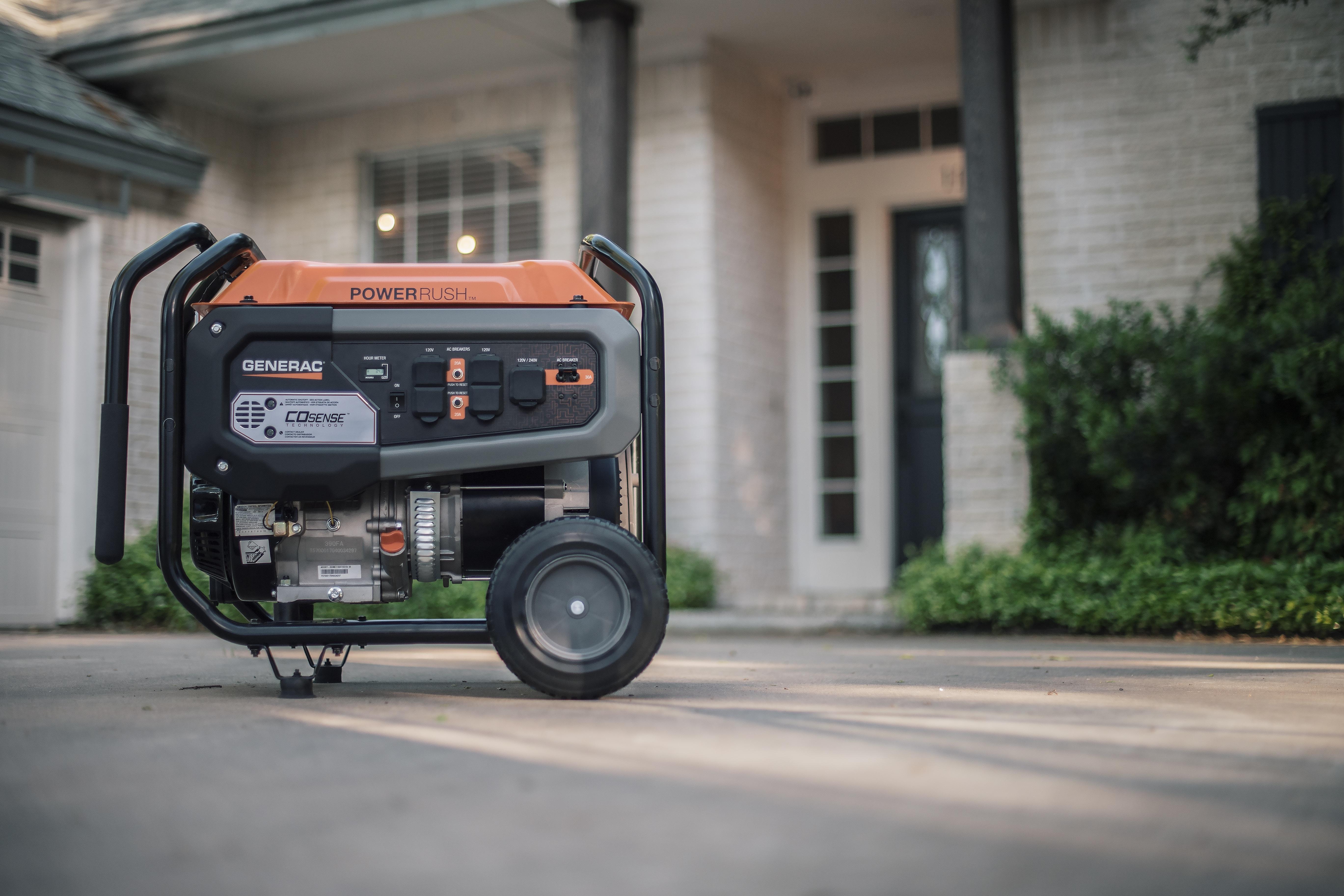 (NewsUSA)
(NewsUSA) - Mother Nature has an interesting way of reminding homeowners who’s in charge. Recent reports indicate that the impact and frequency of storm-related damage to homes are increasing.
- Mother Nature has an interesting way of reminding homeowners who’s in charge. Recent reports indicate that the impact and frequency of storm-related damage to homes are increasing.
According to the National Oceanic and Atmospheric Administration, the United States recorded 22 weather and climate disasters in 2020, a nearly 40 percent increase from the year prior. The cost of storm-associated damage is on the rise as more residents are exposed to the frequency of these storms -- many of which have resulted in distressing power outages.
As unsettling as extreme weather can be, it is possible to minimize potential damage and avoid entirely losing power by following a preparedness plan. Many homeowners are now turning to backup power solutions as an essential part of that plan. Portable generators can offer great value in terms of cost versus capacity, especially considering the extensive list of inconveniences and expenses that may occur during an outage, including a flooded basement, spoiled food and even frozen pipes in the winter months.
“A good preparedness plan today will account for what you might need to keep powered up tomorrow,” says Jake Thomas, director of global service operations for Generac Power Systems. “We’ve seen increased demand for backup power products across all categories. Increasingly, they are becoming necessary, especially in parts of the country regularly impacted by hurricanes and wildfires.”
Thoughtful planning also involves shopping for the right tools and supplies to minimize the uncomfortable impact of a power outage. The power outage experts at Generac have listed the top items to include in an emergency kit in preparation for a storm-related power outage:
- At the hardware store: Consider LED flashlights, a portable weather radio, batteries and an extra gas canister to hold stabilized fuel for a portable generator.
- At the grocery store: Plan for enough bottled water to equal one gallon per person per day, and stock up on non-perishable foods such as canned soups, peanut butter, pretzels, crackers, dried fruit and nuts.
- From the closets: Assemble extra blankets, clothing and toiletries.
Safely running backup power from a portable generator also means thinking ahead. Assuring a supply of fresh gasoline is on hand and having heavy-duty extension cords accessible will be critical when the time comes. Because portable generators often get seasonal usage, it’s also important to plan an annual generator maintenance schedule that includes oil and filter changes. Finally, and most importantly, the portable unit will need to be set up for operation outdoors, which means identifying an area at least 25 feet away from open windows and doors. While portable power is becoming more accessible, more efficient, and easier to use, safety still needs to come first.